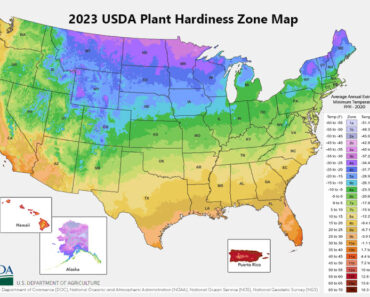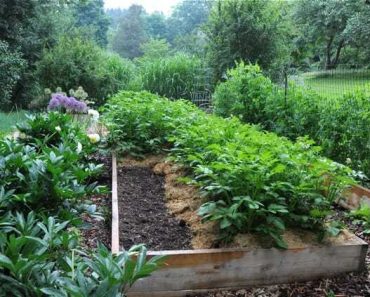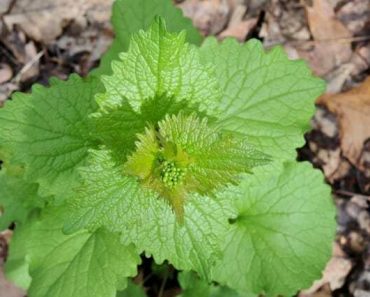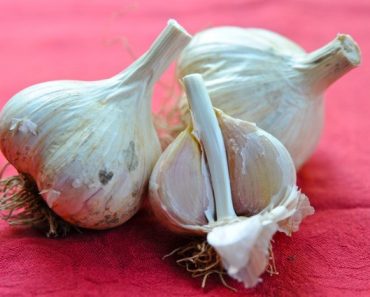In today’s fast-paced, technology-driven world, finding a sense of community and connection can often feel like searching for a needle in a haystack. Yet, nestled within the concrete jungles and suburban sprawls, an oasis of unity and growth exists — the community garden.
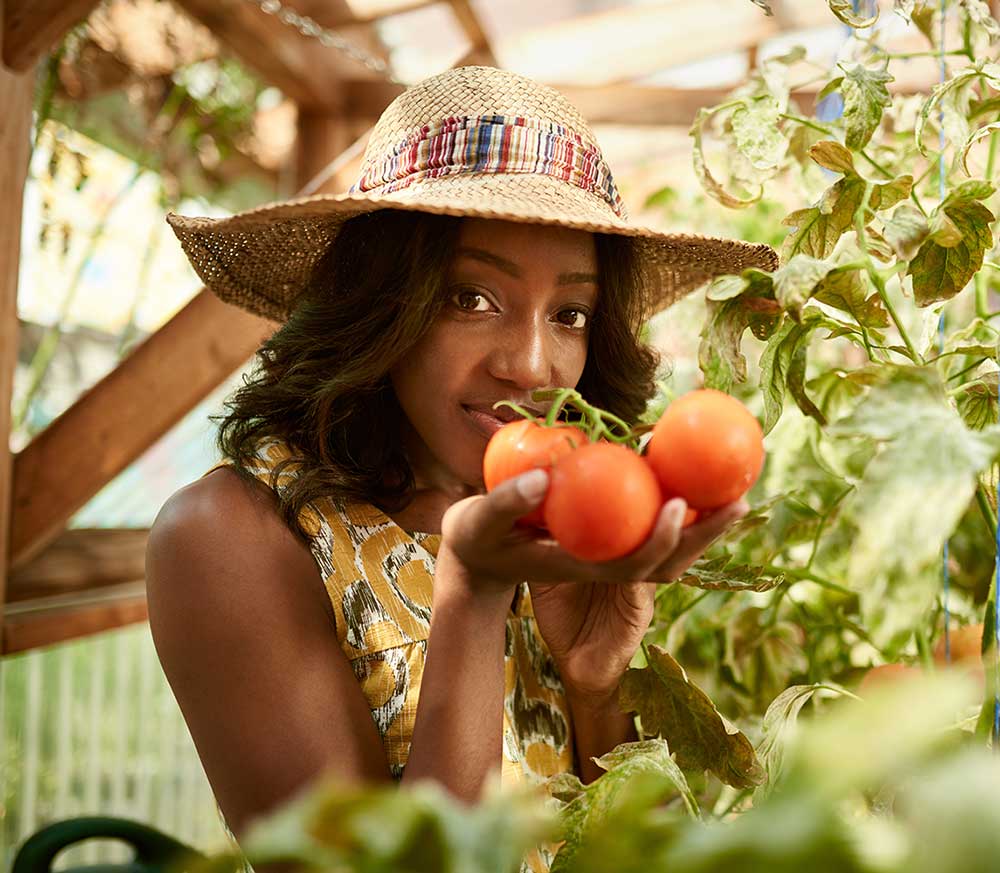
Organic!
But what is the point of a community garden? Beyond the obvious benefits of fresh produce and green spaces, community gardens serve as vibrant hubs for social interaction, environmental stewardship, education, and personal well-being.
A Hub for Social Interaction
At its core, a community garden is more than just a plot of land where vegetables grow; it’s a fertile ground for relationships to blossom.
In an age where digital communication often overshadows face-to-face interaction, community gardens offer a unique opportunity for people to connect on a personal level.
They bring together individuals from diverse backgrounds, fostering an inclusive environment where everyone can work towards a common goal.
Imagine neighbors who have never spoken to each other suddenly bonding over the shared task of planting tomatoes or weeding flower beds.
These interactions can lead to lasting friendships and a stronger sense of belonging.
Community gardens also host events such as potlucks, workshops, and festivals that encourage further social engagement.
These gatherings create a lively atmosphere where stories are shared, experiences exchanged, and community spirit thrives.
Environmental Management
Community gardens play a crucial role in promoting environmental awareness and sustainability.
By transforming vacant lots or underutilized spaces into lush green areas, they combat urban blight and contribute to the beautification of neighborhoods.
Gardens improve air quality by absorbing pollutants and producing oxygen, while also providing habitats for pollinators like bees and butterflies.
Moreover, community gardens serve as living classrooms where participants can learn about sustainable practices such as composting, rainwater harvesting, and organic farming.
Gardeners become more conscious of their ecological footprint and are inspired to adopt greener lifestyles.
This ripple effect extends beyond the garden’s boundaries, encouraging entire communities to embrace environmentally friendly habits.
Educational Opportunities
Community gardens are invaluable educational resources for people of all ages.
For children, they offer hands-on learning experiences that complement traditional classroom education.
Kids can explore the wonders of nature, understand where food comes from, and develop essential skills such as teamwork and responsibility.
Schools often partner with community gardens to create outdoor classrooms where science lessons come to life through observation and experimentation.
Adults also benefit from the wealth of knowledge shared within community gardens.
Novice gardeners receive guidance from seasoned growers, learning techniques for cultivating healthy plants and managing pests naturally.
Workshops on topics like seed saving, herbal medicine, and permaculture design empower individuals with practical skills that can be applied at home or in larger-scale agricultural endeavors.
Personal Well-Being
The therapeutic benefits of gardening are well-documented.
Engaging with nature has been shown to reduce stress levels, improve mental health, and enhance overall well-being.
Community gardens provide a sanctuary where people can escape the hustle and bustle of daily life and reconnect with the earth.
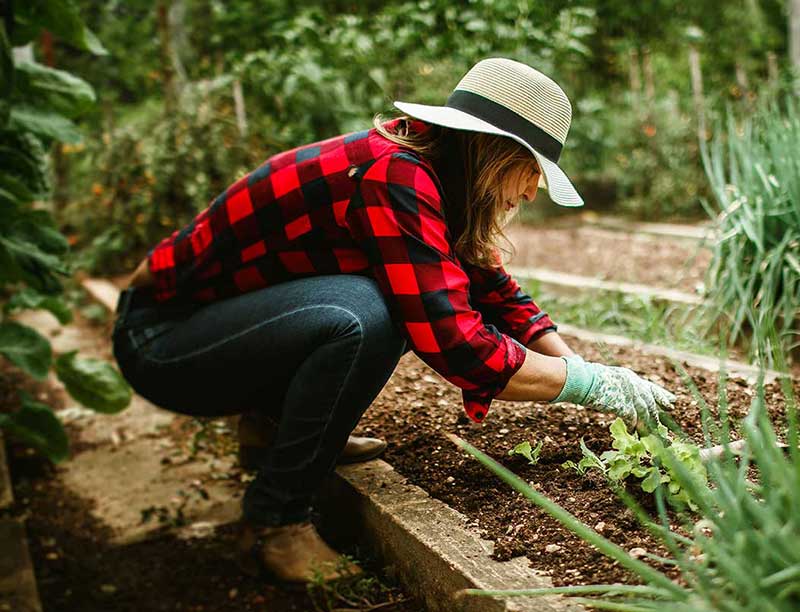
Physical activity is another significant advantage of gardening.
Digging, planting, watering, and harvesting require movement that contributes to physical fitness.
Unlike monotonous gym workouts, gardening offers purposeful exercise that yields tangible results — fresh produce to enjoy and share.
Furthermore, access to fresh fruits and vegetables from community gardens promotes healthier eating habits.
Gardeners are more likely to consume nutrient-rich foods they’ve grown themselves, leading to better dietary choices and improved health outcomes.
Economic Benefits
Community gardens also offer economic advantages both at the individual and communal levels.
For families facing food insecurity or limited access to fresh produce, these gardens provide a reliable source of nutritious food at little to no cost.
The ability to grow one’s own vegetables reduces grocery bills and alleviates financial strain.
On a broader scale, community gardens can stimulate local economies by creating job opportunities in gardening-related fields such as landscaping, horticulture education, and farmers’ markets.
They can attract visitors to neighborhoods previously overlooked, boosting local businesses and fostering economic revitalization.
Cultivating Resilience
In times of crisis or natural disasters, community gardens have proven to be resilient sources of support.
In times of crisis or natural disasters, community gardens have proven to be resilient sources of support.
Community gardens became vital resources for fresh produce when supermarket shelves were bare.
These gardens also build resilience by strengthening social networks.
When communities face challenges — whether economic downturns or environmental threats — the connections formed in community gardens provide mutual support systems that help people navigate difficult times together.
A Legacy for Future Generations
Perhaps one of the most profound points of a community garden is its potential to leave a lasting legacy for future generations.
As stewards of these green spaces pass down their knowledge and passion for gardening to younger members of the community, they instill values of sustainability, cooperation, and respect for nature.
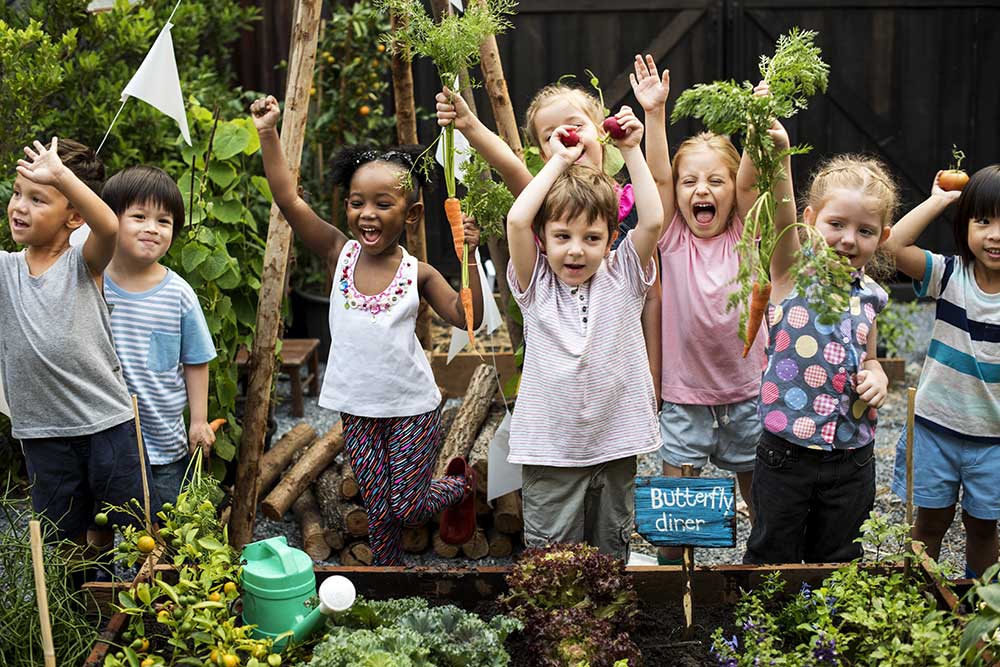
Children who grow up participating in community gardens carry these experiences into adulthood, becoming advocates for environmental stewardship and social cohesion.
The impact of a single community garden can echo through generations, shaping a more connected and conscientious society.
Conclusion: The Point is Clear
So what is the point of a community garden? It’s about much more than growing vegetables; it’s about cultivating connections — between people, with nature, across generations.
Community gardens enrich our lives by providing spaces for social interaction, promoting environmental stewardship, offering educational opportunities, enhancing personal well-being, delivering economic benefits, fostering resilience in times of need, and leaving enduring legacies.
In essence, the true value of a community garden lies in its ability to nurture not just plants but also the human spirit — one seed at a time.


